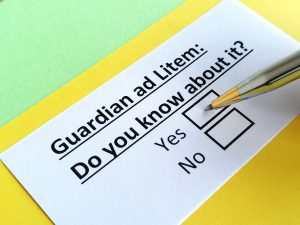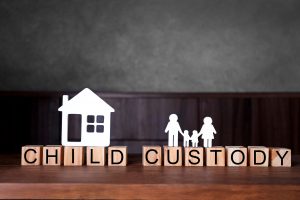If you are a noncustodial parent, you undoubtedly want to make the most out of parenting time with your child or children. With that in mind, there are a number of important steps to take to best prepare for enjoyable parenting time with your child. We take a look at nine key steps to prepare for enjoyable parenting time:
- Plan activities
- Establish routine
- Prepare meals
- Discuss expectations
- Be patient
- Stay positive
- Listen to your child
- Be flexible
- Enjoy your parenting time
Plan Activities
One of the first steps you can take to prepare for quality parenting time with your child is to plan engaging activities. Brainstorm and create a list of activities that both you and your child can enjoy together. This could range from playing an interactive board game, taking a scenic trip to the local park, indulging in a creative craft project, or reading an enriching book together. Having a variety of activities planned can not only keep your child entertained but also build their excitement about spending time with you.
Establish Routine
Children tend to thrive in structured environments. Therefore, making an effort to establish a routine for the time you spend with your child can be incredibly beneficial. This routine can encompass regular mealtimes, nap times, and bedtimes. A routine provides a sense of security and predictability, helping children understand what to expect during their day and making them feel more secure and comfortable. Continue Reading →
 New Jersey Divorce Lawyer Blog
New Jersey Divorce Lawyer Blog






